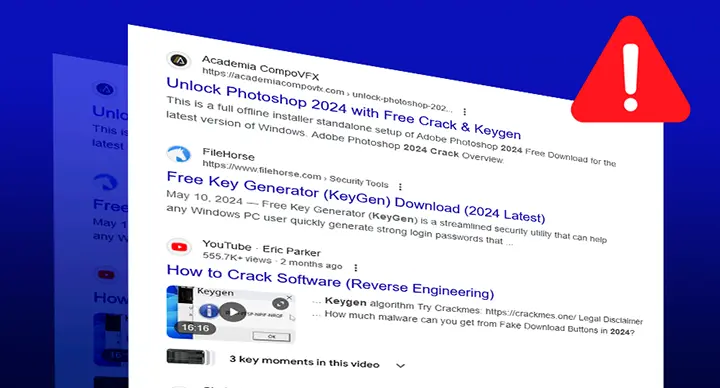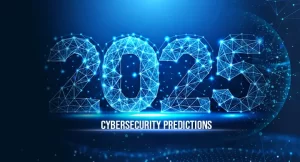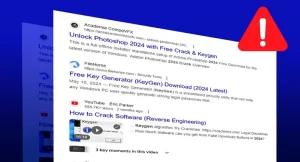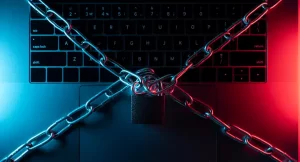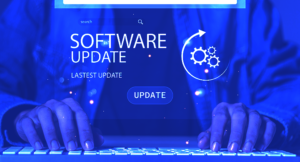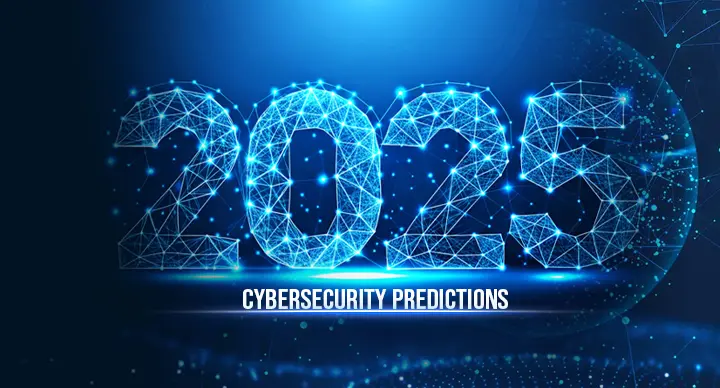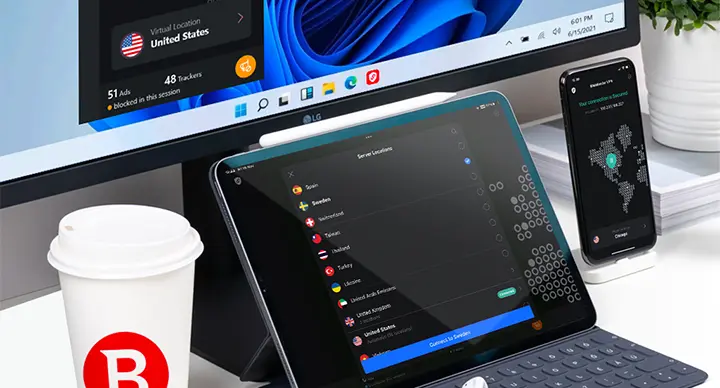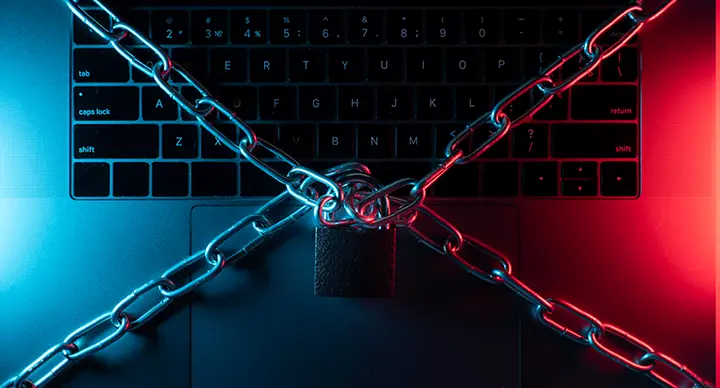In the digital age, the temptation to download pirated software is hard to resist. Whether it’s the latest version of Microsoft Office, expensive design software like Adobe Photoshop, or even high-end antivirus tools, many people turn to pirated copies to save money. But does this “free” software truly offer the benefits it promises, or does it come with hidden, often dangerous, risks?
Let’s break down the real costs and dangers of pirated software.
1. The Illusion of Free Software: Immediate Gains
At first glance, pirated software seems like a dream. You get access to premium tools without paying a cent. Need a video editing suite or a powerful design program? Instead of spending hundreds of dollars, you can simply download a cracked version from a torrent or file-sharing website.
Perceived Benefits:
- Cost savings: Avoiding the high prices of legitimate software licenses.
- Immediate access: You can download and install it instantly.
- No subscription fees: Many modern tools require subscriptions, and pirated versions bypass this.
While these benefits seem appealing, they come with significant downsides that are often ignored.
2. The Hidden Security Risks: What Are You Really Installing?
Pirated software is one of the leading sources of malware. When you download a cracked version of software, you have no idea what additional files or malicious code are embedded within it. Hackers use pirated software as bait, hiding everything from viruses to ransomware in these “free” downloads.
Common Risks:
- Malware and Viruses: These can infect your computer, steal your personal information, or slow down your device.
- Ransomware Attacks: Some cracked software includes ransomware that locks you out of your own files, demanding payment for access.
- Spyware: Hackers can monitor your online activities, track your keystrokes, and even gain access to your passwords.
- Backdoors for Hackers: Once installed, the software can open a backdoor, allowing hackers to control your device remotely.
Real-World Example:
- In 2017, the WannaCry ransomware attack infected hundreds of thousands of computers worldwide, with many of the initial infections stemming from pirated software. Users lost access to critical data and faced demands for Bitcoin ransoms, proving that the cost of pirated software can be far higher than expected.
3. The Hidden Costs: Not as Free as You Think
While pirated software appears free on the surface, it often comes with serious, hidden costs.
Potential Costs:
- Data loss: Malware from pirated software can corrupt or delete important files, photos, and documents.
- Financial damage: Spyware can steal your banking information or passwords, leading to unauthorized transactions.
- Reputation risks for businesses: If you’re a business using pirated software, a malware infection could compromise your clients’ data, leading to lawsuits or reputational damage.
4. Limited Functionality and Lack of Support
Unlike legitimate software, pirated copies come with limitations. Many features may be disabled, and you won’t have access to important updates.
Problems You Might Encounter:
- No software updates: Many pirated versions are stuck on outdated versions of the software. This means you miss out on critical security patches and new features.
- No technical support: If something goes wrong with the software, you’re on your own. You won’t be able to contact customer service for help or troubleshooting.
- Buggy performance: Cracked software is often unreliable, crashing frequently or causing other programs to malfunction.
5. Ethical and Legal Consequences
Pirating software is not only risky but also illegal. Using unauthorized copies violates copyright laws, and if caught, you can face serious legal consequences.
Legal Risks:
- Fines and penalties: Many countries have strict laws against software piracy, with fines ranging from hundreds to thousands of dollars for those caught using or distributing pirated software.
- Civil lawsuits: Software companies are increasingly pursuing legal action against businesses and individuals using cracked versions of their programs.
- Reputation damage: Businesses that use pirated software can face lawsuits, fines, and loss of reputation if word gets out.
Ethical Implications:
- Harm to developers: By using pirated software, you’re denying revenue to the developers who spent time and resources creating it. This harms not only the company but also the broader software development industry.
6. Security Breaches and Business Impacts
For businesses, using pirated software can be especially dangerous. A malware infection from pirated software could lead to a data breach, exposing sensitive customer information.
Consequences for Businesses:
- Data breaches: Hackers can gain access to client databases, financial records, and employee information, resulting in costly breaches.
- Legal liability: If a company’s data is breached due to pirated software, the company can be held legally liable for failing to protect sensitive information.
- Loss of customer trust: Once word gets out that a business suffered a breach, it can lead to a loss of clients and trust, severely damaging the business.
7. Is It Really Worth the Risk? Final Verdict
While pirated software may seem like an easy way to save money, the risks far outweigh the benefits. The potential security threats, data loss, legal consequences, and ethical considerations make it a dangerous choice.
Alternatives to Pirated Software:
- Free and open-source software: Many free alternatives exist for paid programs, such as GIMP for Photoshop or LibreOffice for Microsoft Office.
- Discounted legitimate software: Look for discounts, bundles, or student licenses to access affordable versions of premium software.
- Subscription services: Many companies offer monthly subscription options that make accessing premium software more budget-friendly.
Conclusion:
Pirated software offers the illusion of saving money, but the risks—from malware infections to legal penalties—are significant. Legitimate software not only ensures your safety but also provides ongoing updates, customer support, and peace of mind. When it comes to your digital security, it’s always worth investing in genuine solutions.

